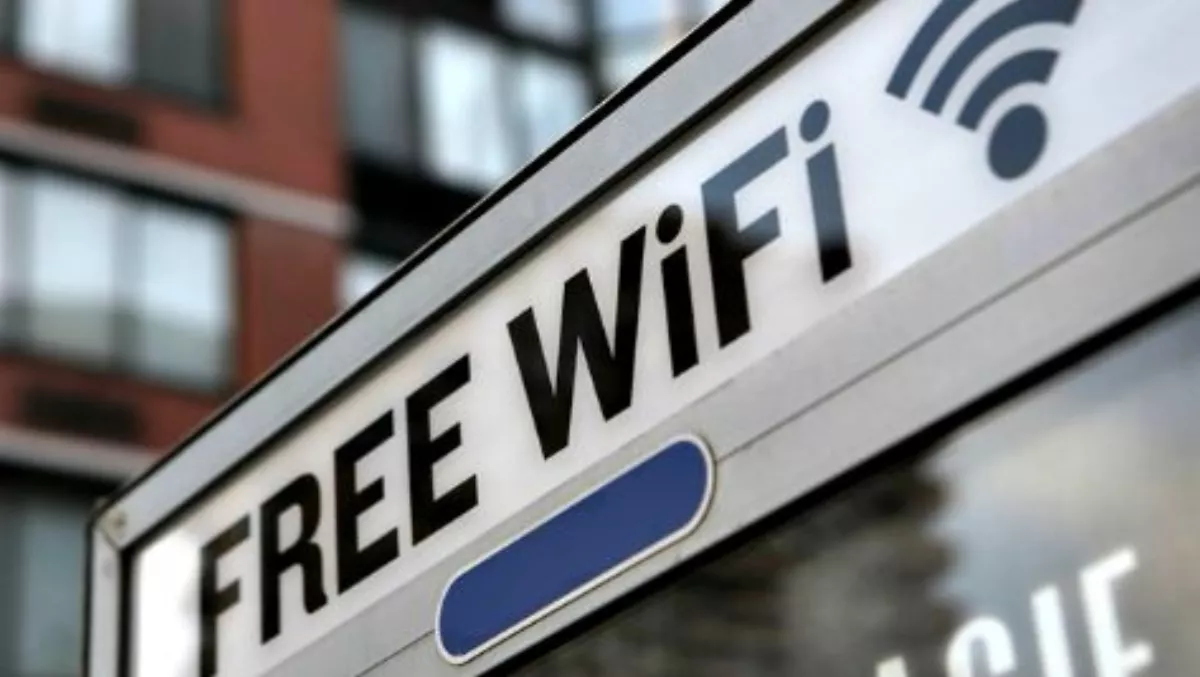
Consumers choose free public Wi-Fi over security
People are putting the convenience of public Wi-Fi networks ahead of their online security, according to a new report from the AARP Fraud Watch Network.
The survey results indicated thousands of consumers are engaging in activity that could make them victims of hackers looking to steal their personal information, and nearly half are aren't aware of the security issues surrounding public Wi-Fi.
According to the survey, a quarter of adults who access the internet use free public Wi-Fi once a week or more.
"A free Wi-Fi network at an airport, hotel or coffee shop is convenient," says Doug Shadel, AARP Washington state director and fraud expert.
However, without a secure network, people risk oversharing, leaving themselves vulnerable to attacks by con artists and hackers, says Shadel.
Of those who say they use free public Wi-Fi, 27% of respondents say they have banked online via public Wi-Fi in the last three months, the survey shows.
Similarly, 27% of those who use free public Wi-Fi have purchased a product or service over using a credit card. Furthermore, 26% of smartphone users do not use a passcode on their phones.
Among those who have set up access to all or some of their online banking accounts, almost half (45%) say they have not changed their online banking passwords in the past 90 days.
According to AARP, experts encourage internet users to change their online bank account passwords at least every 90 days.
AARP says it is important to be aware of the following:
- It is not okay to use the same password on more than one site even if it contains a complex mix of letters, numbers and symbols.
- Even if you are not using the internet, if you're in a location with a public Wi-Fi network you should disable your wireless connection.
- It is not safe to access websites with sensitive information, such as banking or credit cards, while using a public Wi-Fi network, even if the website is secured by https.
Furthermore, when on public Wi-Fi, it is important to:
- Not fall for a fake: Con artists often set up unsecure networks with names similar to a legitimate coffee shop, hotel or other free Wi-Fi network, says AARP.
- Mind your business: Don't access your email, online bank or credit card accounts using public Wi-Fi.
- Watch your settings: Don't let your mobile device automatically connect to nearby Wi-Fi.
- Stick to your cell: Don't surf using an unknown public network if the website requires sensitive information - like online shopping. Your cell phone network is safer.


